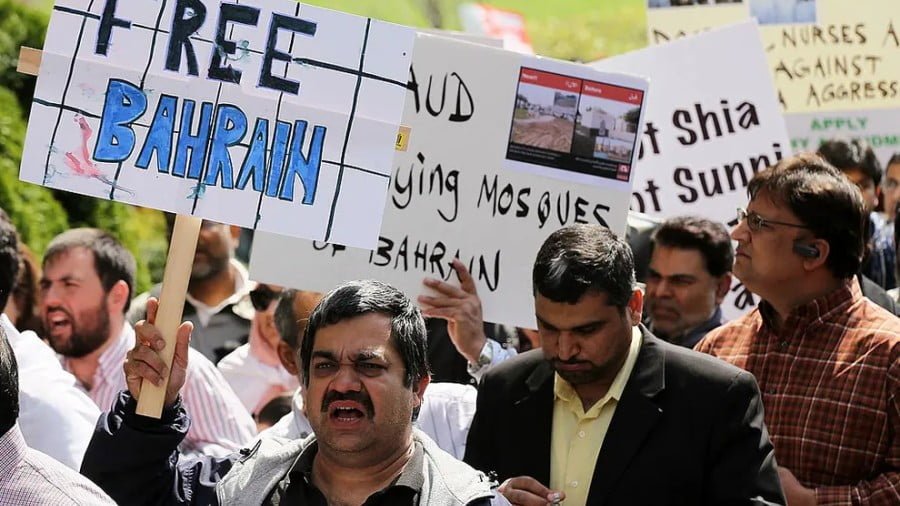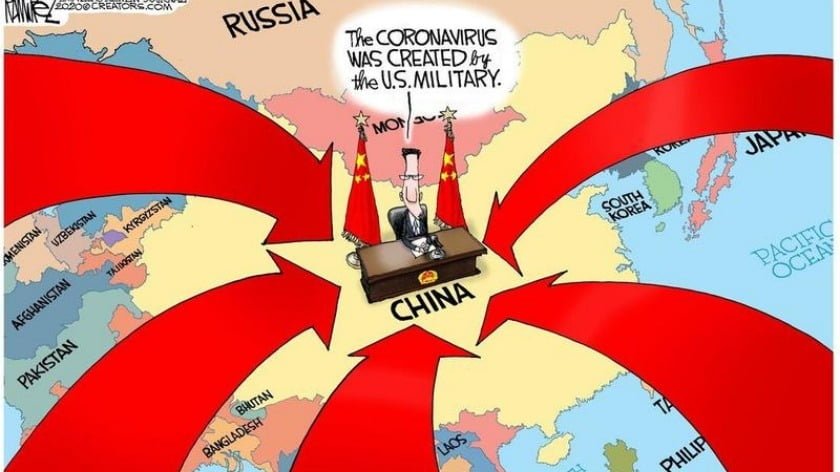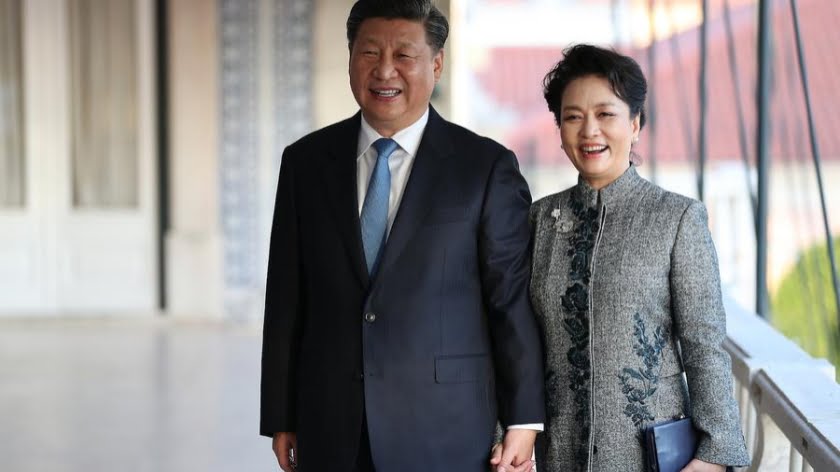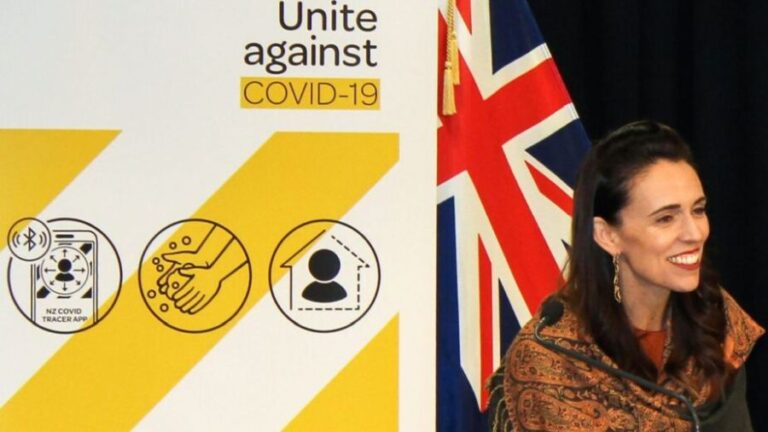The Arab Spring Failed But Rage Against Misery and Injustice Continues
Ten years ago, people across the Middle East and North Africa rose up in protest against their rulers, demanding freedom and democracy. Despotic rulers were toppled or feared that power was being torn from their grasp in countries across the region, as millions of demonstrators surged through the streets, chanting that “the people demand the fall of the regime”.
There was nothing phoney about this mass yearning for liberty and social justice. Vast numbers of disenfranchised people briefly believed that they could overthrow dictatorships, both republican and monarchical. “We are the people who will kill humiliation and assassinate misery,” recited the 20-year-old poet Ayat al-Gormezi, speaking to thousands of cheering protesters in Manama, the capital of Bahrain. “We are the people who will destroy the foundations of injustice.”
But these foundations were stronger than she hoped and the dream of a better tomorrow expressed by herself and millions during the Arab Spring in 2011 was to be brutally dispelled as the old regimes counter-attacked. Crueller and more repressive than ever, they reasserted themselves, or where they had fallen, they were replaced by chaotic violence and foreign military intervention.
Out of the six countries where the Arab Spring had the greatest impact, three – Libya, Syria and Yemen – are still being ripped apart by endless civil wars. In two of them – Egypt and Bahrain – state violence and suppression are far worse than in the past. Only Tunisia, where the protests began after a street vendor burnt himself to death, has so far escaped tyranny or anarchy, though the uprising has largely failed to deliver a better life for its people.
In Bahrain, the democratic protests started on 14 February and were centred on the Pearl Roundabout in the centre of Manama. They lasted a month before they were savagely crushed by the Bahraini security forces backed by 1,500 soldiers from Saudi Arabia and the UAE. Ayat, a trainee teacher, was arrested, imprisoned, beaten with an electric cable, and threatened with sexual assault and rape, and was only released after an international outcry.
Others in Bahrain suffered far worse and some died under torture according to an international commission of inquiry. Doctors in a hospital that had treated injured protesters were a special target of interrogators from the Bahraini security services. “It was bizarre,” said one consultant who had been badly beaten over four days. “They wanted to prove all the violence came from the protesters or the hospital.” They demanded that he confess that blood from the hospital’s blood bank had been thrown over injured protesters in order to exaggerate their injuries. They also claimed that a sophisticated piece of medical equipment was in fact a secret device for receiving orders from Iran.
Much the same backlash was happening across the Middle East and North Africa, as rulers used mass imprisonment, routine torture and summary executions to crush dissent. Repression not only affected places where the Arab Spring had been at its peak, but spread throughout the region, which is home to 600 million people, as frightened rulers sought to stamp out the slightest hint of dissent in case it could become a threat to their regimes.
Could the Arab Spring have ever succeeded against such odds? The question is highly relevant today because oppression by regimes, aptly described as “looting machines” on behalf of a tiny elite, is no less than it was in 2011. Even more people now live crammed into houses with raw sewage running down the middle of the street outside while their rulers loll on yachts anchored offshore.
But anger and hatred was not enough 10 years ago and it will not be enough in future. I sympathised strongly with the protesters then, though I never gave much hope for their chances of permanent success.
They had initially the advantage of surprise, massive popular support and governments that were baffled by unprecedented events. But none of the kleptocratic powers-that-be intended to give up without a fight. They soon recovered their nerve and struck back with unrestrained violence.
Egypt, with a population of 90 million and a powerful cultural influence on the region, was the crucial test case. For 18 days, the secular and Islamist opponents of President Hosni Mubarak fought side by side in Tahrir Square in a successful bid to end his 29 years in power. When he finally departed, they appeared to have won a great victory, but it was more incomplete than it looked because the revolutionaries failed to gain control of the Egyptian security forces or the state-controlled television and press, which went on smearing the protesters as sexual degenerates and the agents of foreign powers.
Astonished by their own unexpected success, the protest leaders did not know how to consolidate their gains and prevent the return of an old regime that had been shaken but was far from defeated.
It is too easy to retrospectively blame the leaders of the protests for not acting like experienced revolutionaries determined to grasp the levers of power when that leadership, in so far as it existed, had no such background. Their lack of such a revolutionary track record was why the omnipresent secret police of the region had not taken them seriously enough. Sadly, this is not a mistake that those secret police are likely to make in future.
Some protesters, and many foreign diplomats, argued that they should have sought compromise with the existing elites, but that was easier said than done since the latter had no intention of sharing power with anybody.
When street protesters looked for leadership and organisation, the only place they could find it was among Islamists, as with the Muslim Brotherhood in Egypt, or among the Islamists and jihadis in Libya and Syria. Syrian president Bashar al-Assad probably deliberately militarised the crisis in 2011 so that his own ruling Alawite sect and other religious and ethnic minorities would feel, with good reason, that they were facing an existential threat from a Sunni jihadi uprising. In Yemen, the Houthis, a Shia sect that had fought the government for years, took advantage of the protest movement to seize the capital Sana’a, which they still hold.
Foreign powers cynically intervened on behalf of their local proxies and their own selfish national interests, usually helping to tip the balance towards autocracy. I always thought it absurd to imagine that Saudi Arabia and the Gulf States, the last absolute monarchies on the planet, would want to spread democracy and freedom of expression among their neighbours.
Was hope of progress towards political freedom a mirage 10 years ago and is it a mirage today? Protests, as widespread and prolonged as anything seen in the Arab Spring, erupted in Iraq and Lebanon in 2019 and are continuing. Political Islam has largely discredited itself because its protagonists have turned out to be as corrupt, violent and incompetent as their opponents.
Overall, the greatest force for revolutionary change in this vast war-ravaged and misruled region is that the humiliation, misery and injustice that Ayat denounced 10 years ago is even greater today – and so is the rage they inspire.







